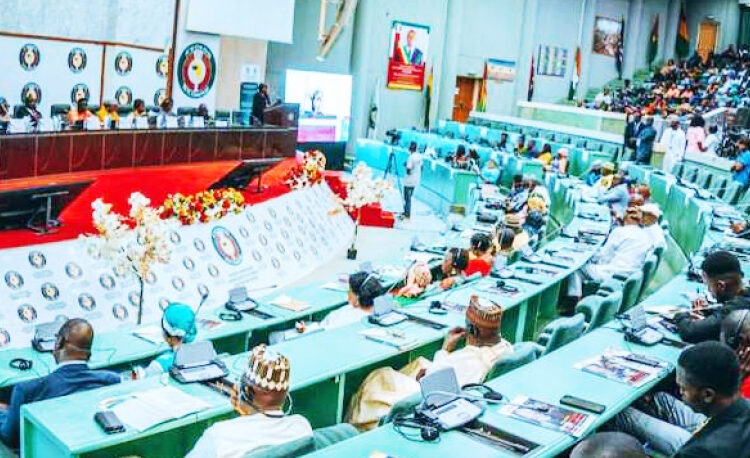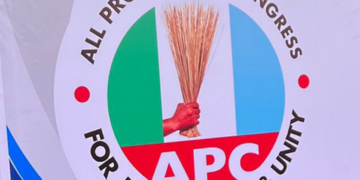The Economic Community of West African States (ECOWAS) has begun setting up a Technical Advisory Council (TAC) to enhance the scientific and operational excellence of its Regional Centre for Surveillance and Disease Control (RCSDC).
The council will serve as a key pillar in guiding the centre’s actions in line with global best practices in public health.
As part of this initiative, a two-day workshop commenced in Abuja on Tuesday. It brought together key stakeholders to review the RCSDC’s mandate and achievements, assess the epidemiological situation in the region, finalise the council’s terms of reference and internal regulations, and develop a clear action plan.
Speaking at the event, Dr Mamadou Diarrassouba, Executive Director of ECOWAS RCSDC, emphasised that the meeting was taking place at a critical time when West Africa continues to grapple with multiple health challenges worsened by factors such as climate change, political and social tensions, and humanitarian crises.
He highlighted that the impact of these factors extends beyond health, affecting economic activities and livelihoods across the region, as seen during the Ebola outbreaks and the COVID-19 pandemic.
According to Dr Diarrassouba, the 2024 annual report of ECOWAS RCSDC identified 67 new outbreaks of emerging and re-emerging infectious diseases across the region, an increase of 31.37 per cent compared to 2023. This underscores the urgent need for enhanced surveillance and response mechanisms.
The RCSDC, headquartered in Abuja, was established by the 47th Conference of ECOWAS Heads of State and Government to support member states in disease surveillance, preparedness, emergency response, and risk communication while improving resilience against epidemic shocks.
Establishing the Technical Advisory Council represents a strategic step in strengthening the RCSDC’s governance. Dr Diarrassouba noted that this move aligns with ECOWAS regulations governing the centre’s creation and operations.
Professor Muhammad Ali Pate, the Coordinating Minister of Health and Social Welfare, described the TAC as more than a statutory body. Represented by the Director-General of the Nigeria Centre for Disease Control (NCDC), Dr. Jide Idris, he stated that the council would serve as a dynamic forum for scientific exchange and technical expertise.
Its membership will include renowned regional and international public health experts who will ensure that the RCSDC upholds the highest standards of scientific excellence and operational efficiency. They will also provide strategic recommendations to the Executive Director and the RCSDC‘s Governing Board.
Dr. Idris further emphasised that TAC members would be instrumental in pooling critical knowledge, addressing emerging health threats, and fostering a culture of continuous innovation and collaboration across the region.
Director of the West African Regional Coordination Centre of Africa CDC, Dr. Kokou Alinon, expressed confidence that the TAC would provide the necessary strategic guidance, technical expertise, and support to help the RCSDC achieve its objectives.











